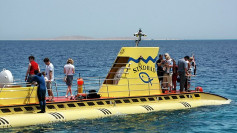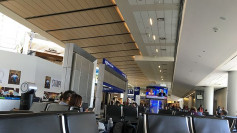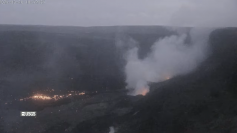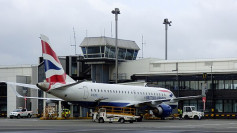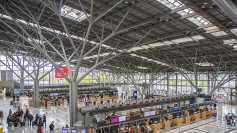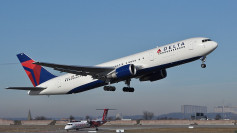Hong Kong's health authorities warn travelers to be more cautious when visiting Japan due to a sharp surge of rubella cases seen in a local outbreak. The Centre for Health Protection in the city particularly warned parents with children below the age of 1 not to go to Japan since they weren't due for vaccination under the Childhood Immunization Programme yet.
Children are usually given a first dose of the MMR vaccine at the age of one. This will then followed by a second dose in primary one under the Childhood Immunization Programme. The center also advised pregnant and women preparing for pregnancy that were non-immune to the infection should not go on a trip to Japan throughout the outbreak. Those who had rubella infection during pregnancy may result in abnormal development of the fetus - particularly in the first trimester.
Over the past six weeks, there were 914 cases reported which makes up the majority of the 1,289 cases recorded this year as of last Wednesday. In 2017, 2016, and 2015, only 93, 126, and 163 cases were recorded respectively. Chiba prefecture has the highest cumulative incidence this year, followed by Tokyo, and the Kanagawa prefecture.
According to the South China Morning Post, rubella is considered to be a highly infectious disease with symptoms such as low fever, runny nose, cough, and rashes starting from the face then spreading throughout the body. The virus can be transmitted via contact with secretions from the throat and nose of an infected person - either direct contact from the patient or droplet spread.
The most effective way to avoid the disease is through immunization, which is given through Measles, Mumps, and Rubella (MMR) combined vaccine. The center noted travelers planning to visit Japan should review their medical and vaccination history first. People who had received a rubella-containing vaccine - confirmed to have rubella or have a positive blood test for rubella antibodies - are considered to be immune against it.
Then, all other groups were considered to be non-immune. These groups include those who had not received rubella vaccination, have unknown immunity against rubella, and an unknown vaccination history - they were advised to talk to their doctors regarding the issue.
The center is now liaising with the Japan health authority as well as the World Health Organization while monitoring the situation. Last Monday, there as six recorded rubella cases in Hong Kong this year - four females (aged three to 65) and two males.
Meanwhile, measles outbreak has been reported in Okinawa after an infected Taiwanese man visited the Japanese prefecture from late March. There are also other cases reported in other parts of the country, but the outbreak ended back in June.

